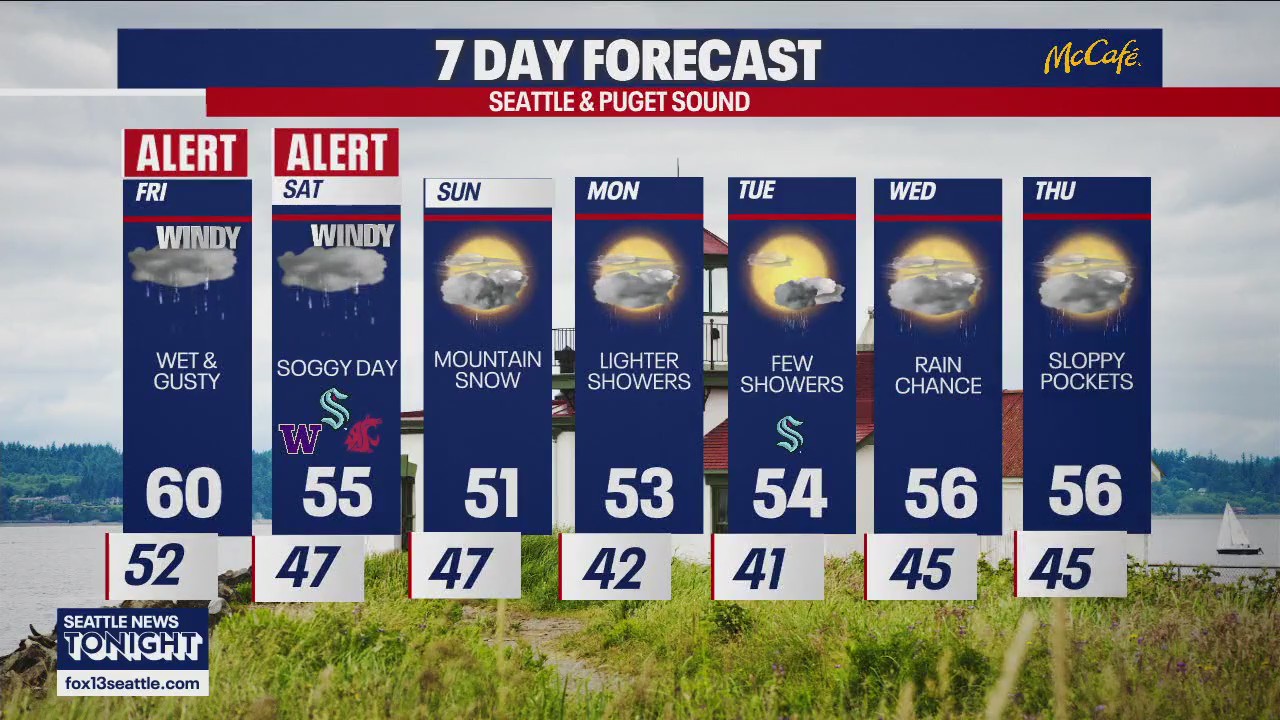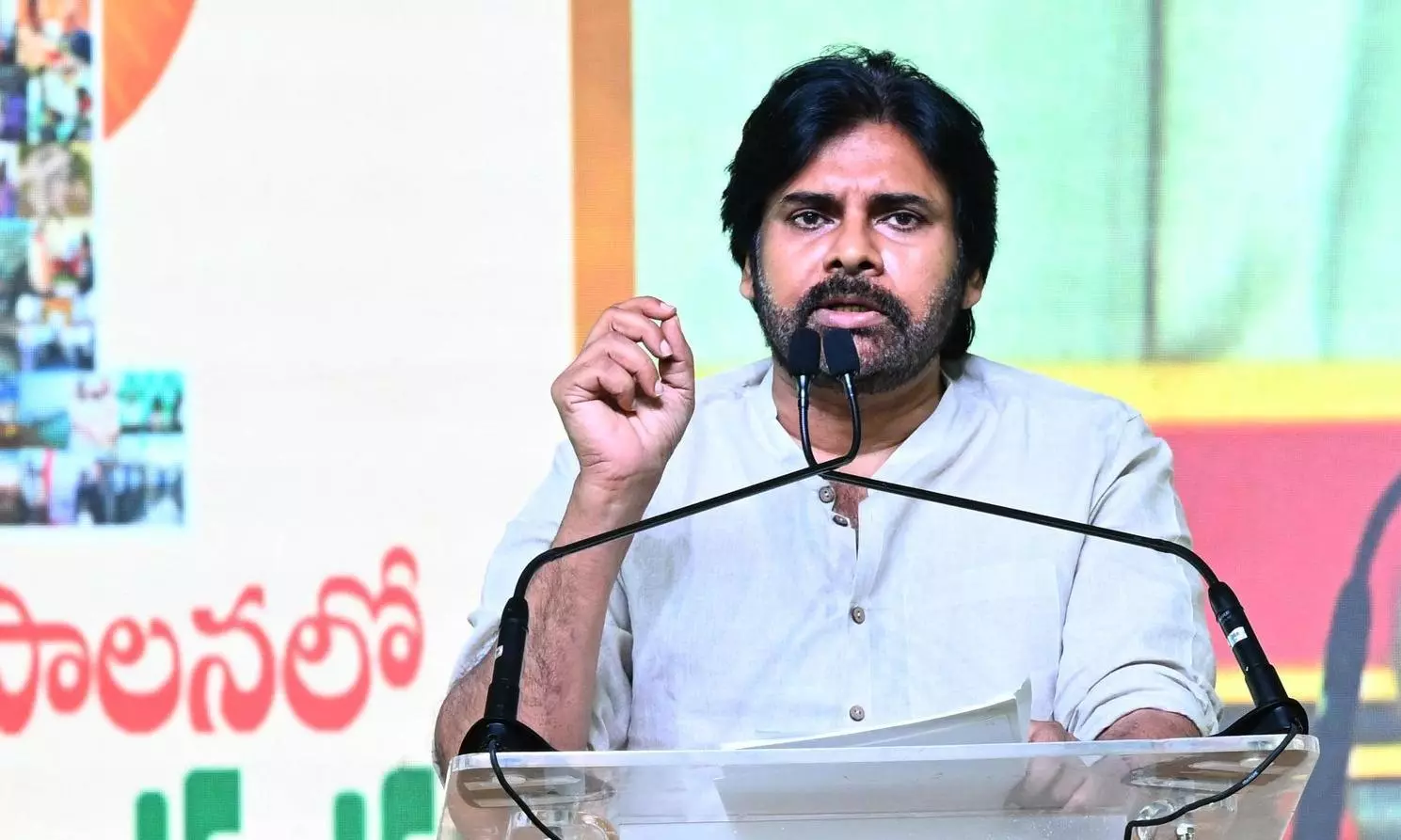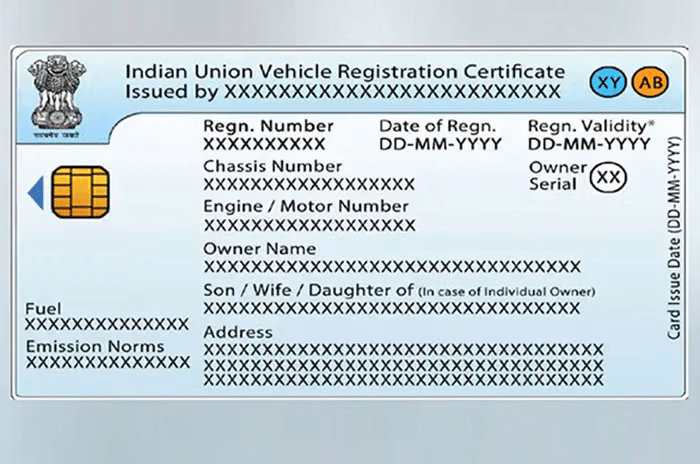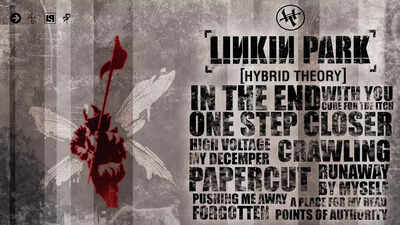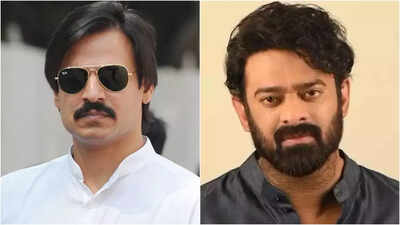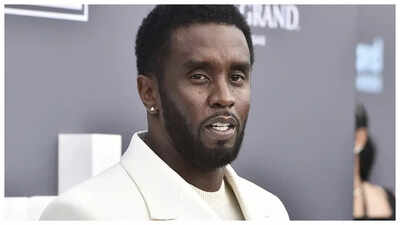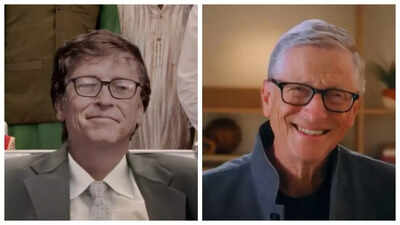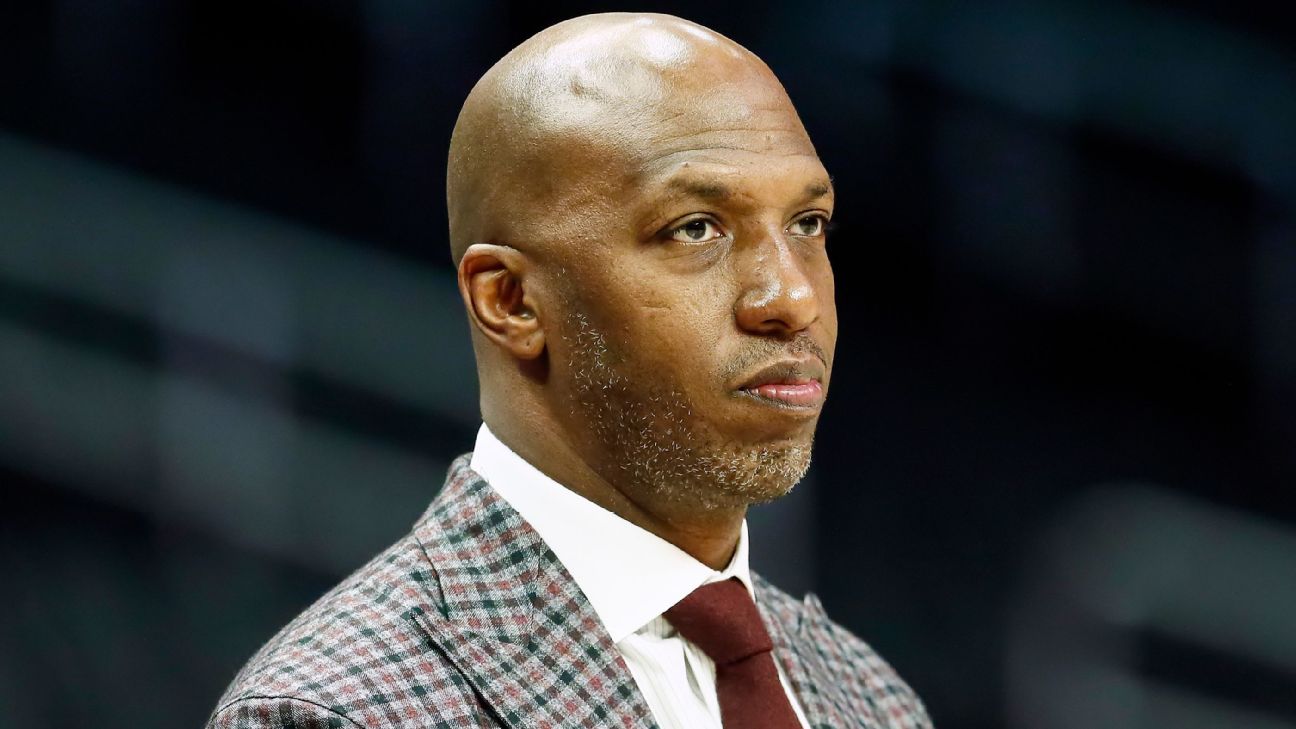Tesla held its third-quarter earnings call on Wednesday, and CEO Elon Musk seemed particularly focused on getting his $1 trillion payday. But before the world’s wealthiest man made the case for why he deserves to be the first trillionaire, he wanted to make sure you understand one thing: He’s going to help abolish poverty.
“We’re excited about the updated mission of Tesla, which is sustainable abundance,” Musk said on the call.
“So going beyond sustainable energy to, say, sustainable abundance is the mission, where we believe with Optimus and self-driving, that you can actually create a world where there is no poverty, where everyone has access to the finest medical care. Optimus will be an incredible surgeon, for example. And imagine if everyone had access to an incredible surgeon.”
To be clear, Optimus, Tesla’s robot, is nowhere near ready to be a “surgeon.” But Musk went on, tossing in a caveat about safety.
“So I think there’s… you know, of course, we make sure Optimus is safe and everything, but I do think we’re headed for a world of sustainable abundance. And I’m excited to work with the Tesla team to make that happen,” said Musk.
Musk’s utopian vision isn’t new
The billionaire has long teased the idea that the future will be filled with so many robots and so much automation that nobody will have to work. It’s an idea that was incredibly popular in the 20th century, not just in science fiction but among serious academics. Back in the 1960s, it was just taken as a given that people of the year 2000 would only work maybe 20 hours per week. And beyond that, by the mid-21st century, no one would have to work at all.
That vision for the future didn’t work out, of course. Granted, much of the U.S. workforce became George Jetson-style button pushers in the sense that we have a large information-based economy where many people sit at keyboards typing. But the ability to just sit at home and not work while robots do everything is still a fantasy. And it’s a fantasy because the problem isn’t technological, it’s political.
There is no way to ever deliver a leisure society where everyone gets paid to do nothing unless you create a political and economic system that delivers that. The “free market” will not just cause that to happen by magic. When Amazon uses robots to streamline its operations—replacing workers and sorting packages more efficiently—the online retailer doesn’t give the money it saves to workers. That money goes to shareholders. And it’s unclear how many people actually believe that Musk’s robots would somehow deliver what he dubs a “universal high income” in the future, above and beyond a universal basic income.
Musk doesn’t understand poverty
In reality, Musk does not give a fuck about poverty. To guys like Musk, people who are poor are just getting what they deserve. And all it takes is a quick search of his X account to see how often he says things to degrade homeless people.
“In most cases, the word ‘homeless’ is a lie,” Musk tweeted on Dec. 10, 2024. “It’s usually a propaganda word for violent drug addicts with severe mental illness.”
In most cases, the word “homeless” is a lie.
It’s usually a propaganda word for violent drug addicts with severe mental illness. https://t.co/Vwp8L7tNzd
— Elon Musk (@elonmusk) December 10, 2024
You may notice that Musk’s tweet was sent a month following the 2024 presidential election, after Donald Trump beat Kamala Harris, but before Trump was sworn in for his second term on January 20.
Musk would soon join Trump’s government as the head of the so-called Department of Government Efficiency (DOGE), where he helped unlawfully abolish the foreign aid program USAID and ran riot through just about every federal agency, destroying programs he didn’t like and hoovering up personal data along the way. What gave him the legal authority to do that? Nothing. But Musk did it anyway with the blessing of President Trump, until the two men predictably had a falling out.
Who deserves a good life?
Musk believes that the U.S. is built on meritocracy, where people who have billions of dollars obviously deserve that money, and people who are poor deserve to stay poor. He demonstrated that time and again with DOGE, claiming that he was rooting out waste, fraud, and abuse. The “fraud,” as he saw it, was people who were undeserving of the government benefits they received, whether it was food stamps or Social Security, a program he called a Ponzi scheme.
Remember when Musk went to CPAC in February and swung around a chainsaw, symbolic of the government programs he was going to cut? Those programs are what would be necessary to deliver money and services to people in order to make sure no one is poor. Why on Earth would anyone believe that he cares about poverty after such a ridiculously over-the-top display of his power?

Musk frequently insists that America’s homelessness problem is the fault of those on the streets.
“The vast majority of those on the streets are there due to severe drug addiction and/or mental illness,” Musk tweeted on Nov. 9, 2024. “The issue not that they got a little behind in their mortgage payments and would be back on their feet if someone just offered them a job.”
But Musk doesn’t know what he’s talking about. The billionaire quite literally doesn’t see the people who are struggling as he gets shuttled around the world. The majority of people who are homeless “have no mental health or substance use disorder,” according to the United States Interagency on Homelessness. Somewhere between 40-60% of people who lack homes also have a job.
As the agency explains on its website: “Today, only 37 affordable homes are available for every 100 extremely low-income renters. As a result, 70% of the lowest-wage households spend more than half their income on rent, placing them at high risk of homelessness when unexpected expenses (such as car repairs and medical bills) arise.”
Elon doesn’t believe in charity
Musk has repeatedly said that he doesn’t really believe in charity. The CEO insists that he’s doing enough good in the world through his private companies. When the head of the UN World Food Program noted in 2021 that Musk could end world hunger with just 2% of his wealth, Musk balked at the idea.
Instead of giving $6 billion to end hunger for 42 million people, as the UN had proposed, he gave $5.7 billion to an undisclosed charity. Forbes reports the most likely recipient was a donor-advised fund (DAF), which “behaves like a philanthropic bank account.” Forbes doesn’t even count DAF donations as charitable contributions when tracking billionaires because the money can just sit in the account indefinitely.
Forbes also notes that donating to a DAF gets Musk a huge tax break. So it seems pretty obvious what’s happened there. Musk’s private foundation hasn’t donated the legally required 5% of its assets for three years in a row, more evidence that any “giving” he does is mostly for tax reasons.
Musk’s promises about fixing poverty are PR
Investors vote on Musk’s $1 trillion pay package on Nov. 6, calling the people who oppose it “corporate terrorists” during his call on Wednesday. And he knows full well that he needs to pay lip service to those struggling financially right now, since he’s accumulating an obscene amount of wealth.
But Musk has to know that his utopian pitch for Optimus will not deliver a work-free society. And selling robots has nothing to do with creating that perfect world; it’s about making more money for him. Same as it ever was.



